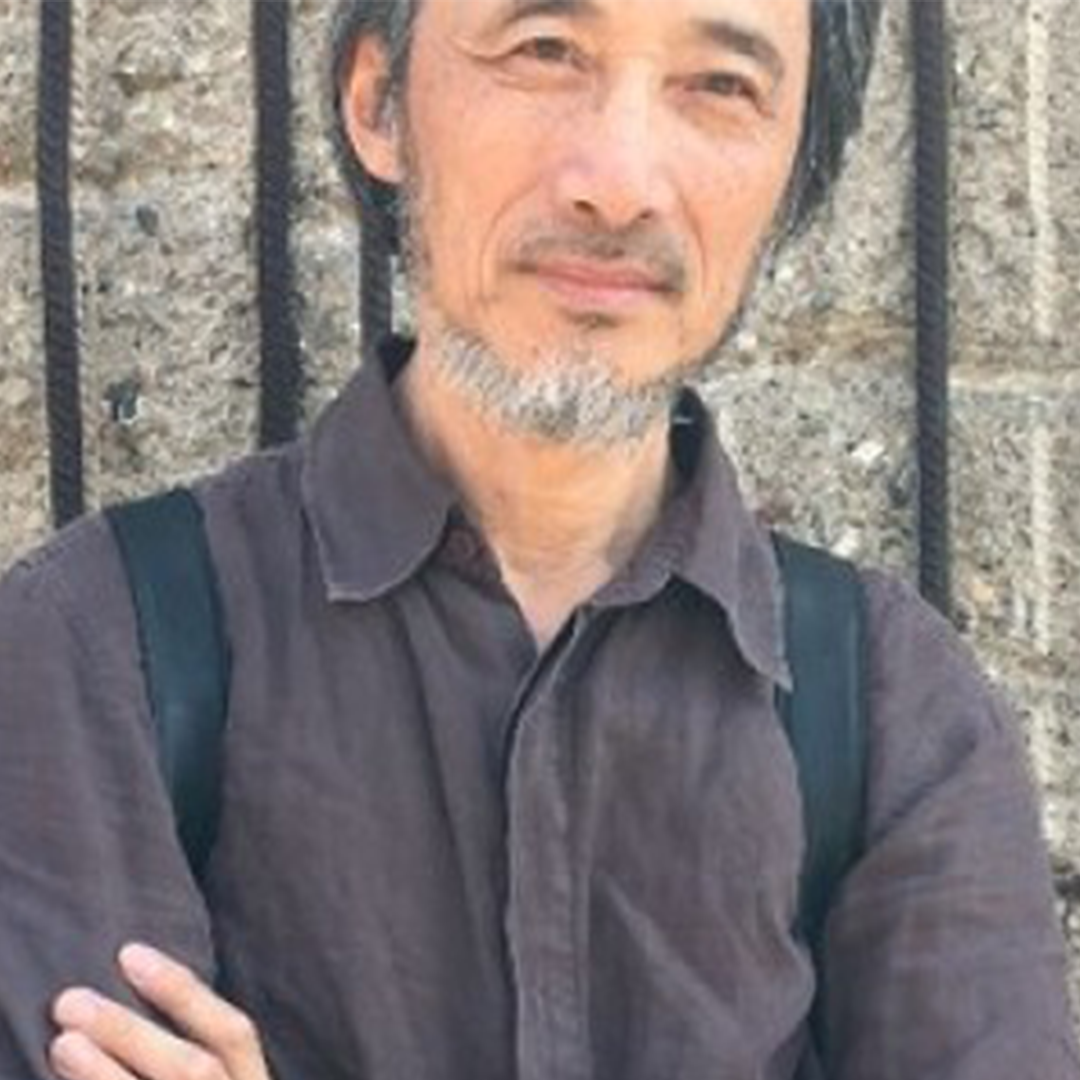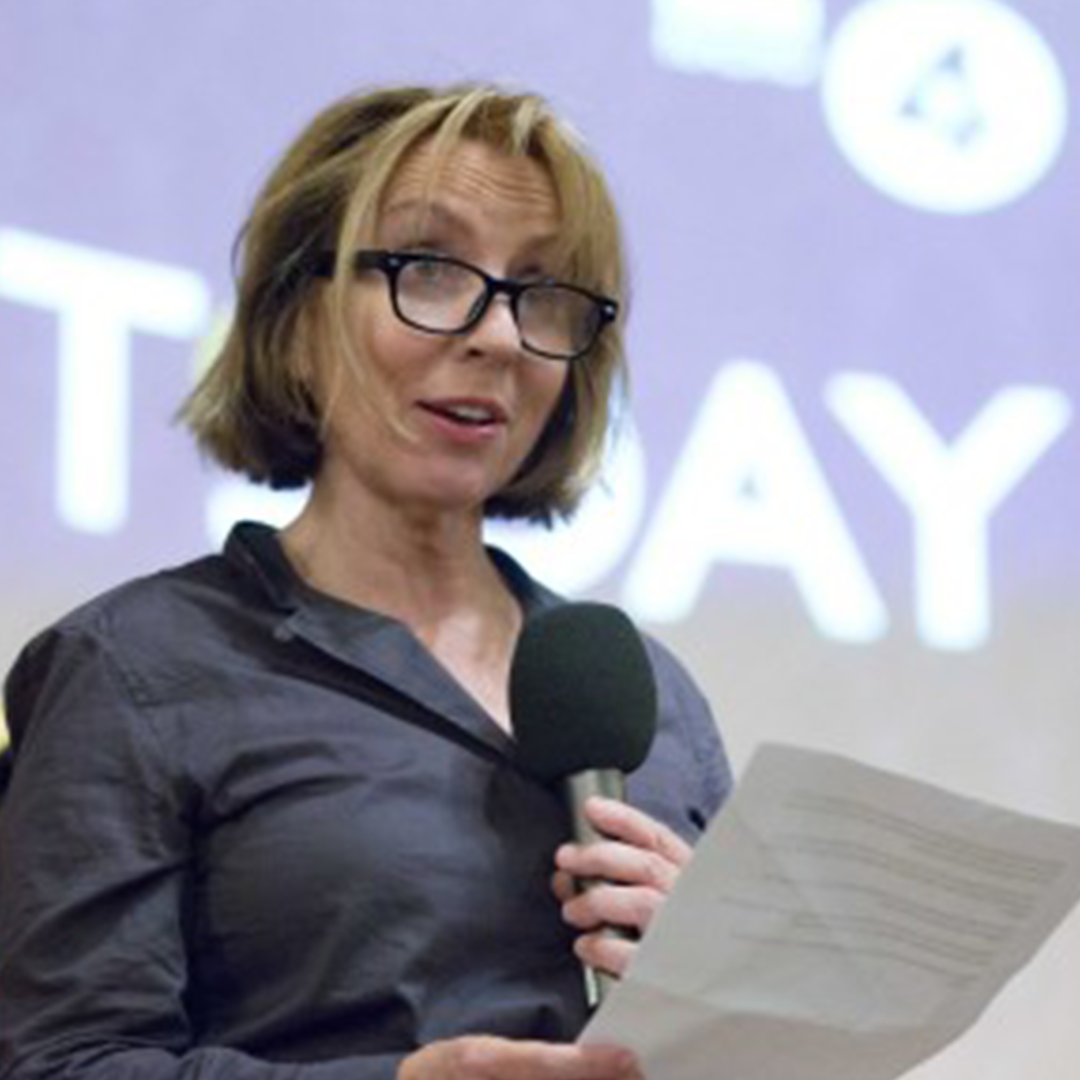11 Jun 2021 | Events
[vc_row][vc_column][vc_single_image image=”116887″ img_size=”large”][vc_column_text]Why abusive legal threats and actions against journalists must be stopped.
Journalists are public watchdogs: by bringing information that is in the public interest to light, they help to hold power to account. But what if powerful or wealthy people wanted to keep their wrongdoings a secret? Abusive legal threats and actions, known as strategic lawsuits against public participation – or SLAPPs, are increasingly being used to intimidate journalists into silence. They are used to cover up unethical and criminal activity and to prevent the public of their right to know. SLAPPs have a devastating impact, not only on media freedom, but on human rights, rule of law, and our very democracies. This webinar hosted by Index on Censorship, the European Centre for Press and Media Freedom (ECPMF) and Foreign Policy Centre (FPC), will examine the issue of SLAPP and why we need to take action in the UK and the EU to stop them.
Speakers:
Bill Browder, Head of Global Magnitsky Justice Campaign (chair)
Annelie Östlund, financial journalist
Herman Grech, Editor in Chief of Times of Malta
Justin Borg Barthet, Senior Lecturer at University of Aberdeen
With contributions from:
Jessica Ní Mhainín, Policy and Campaigns Manager at Index on Censorship
Paulina Milewska, Anti-SLAPP Project Researcher at ECPMF
Susan Coughtrie, Project Director at Foreign Policy Centre
Register for tickets here.[/vc_column_text][/vc_column][/vc_row][vc_row][vc_column][/vc_column][/vc_row][vc_row][vc_column][vc_column_text][/vc_column_text][/vc_column][/vc_row]
7 Jun 2021 | Kazakhstan, News and features, Slapps, Statements, United Kingdom
[vc_row][vc_column][vc_single_image image=”116855″ img_size=”full” add_caption=”yes”][vc_column_text](7 June 2021, London) – A legal case currently before the UK courts highlights the egregious tactics being used by Eurasian Natural Resources Corporation Limited (ENRC), a privately-owned Kazakh multinational mining company, in what appear to be deliberate attempts to escape public scrutiny.
The civil case brought by ENRC is against the UK’s anti-corruption authority, the Serious Fraud Office (SFO), and ENRC’s former lawyers, Dechert LLP. The SFO launched a formal corruption investigation into ENRC in April 2013, but has yet to bring any charges. The investigation has become one of the SFO’s longest running and most complicated cases. ENRC denies all allegations.
ENRC is suing the SFO for misfeasance in public office claiming the SFO mishandled the corruption investigation, induced Dechert lawyers to breach duties owed to ENRC, and leaked information to the media. ENRC claims Dechert and its partner, Neil Gerrard, were negligent and acted in breach of contract and fiduciary duties, including by leaking confidential information to the press. The SFO, Gerrard and Dechert all deny the allegations.
This is by no means an isolated example of ENRC using the courts in a way that discourages scrutiny and shuts down accountability. Since the SFO announced its investigation, ENRC has initiated a wave of more than 16 legal proceedings in the US and the UK against journalists, lawyers, investigators, contractors, a former SFO official and the SFO itself. The SFO has had to divert significant staff time and funding away from its corruption investigation to respond to the claims brought by ENRC.
The 22 undersigned human rights, freedom of expression and anti-corruption organisations are concerned that ENRC’s tactics are either a deliberate attempt to undermine the SFO’s corruption investigation and to silence those seeking to expose the company’s misdeeds or will serve to do so.
The groups believe that ENRC’s legal tactics include Strategic Lawsuits Against Public Participation or SLAPPs, a form of legal harassment used by powerful individuals and companies as a means of silencing public watchdogs, including journalists, peaceful protesters and whistleblowers. SLAPPs typically involve long and costly legal procedures, or the threat thereof, to intimidate and harass critics into silence.
The conduct of corruption investigations by state officials and others must, of course, be lawful and follow appropriate procedures, the undersigned organisations said, but they nonetheless raised concerns about what appeared to be vexatious litigation by ENRC.
“ENRC’s campaign of legal action across two jurisdictions targeting more than a dozen people and other entities seems a deliberate attempt to shift the focus away from ENRC’s alleged corruption to those conducting legitimate investigations, whether journalists or public authorities. If such efforts succeed, not only could it derail proper public scrutiny of the original allegations, but it risks setting a damaging example for how others can thwart corruption investigations and shut down public discourse,” the organisations said.
A recent legal suit by ENRC was initiated in September 2020 in US courts against publisher HarperCollins seeking disclosure of wide-ranging information relating to the publication of a book, Kleptopia, and newspaper articles published in the Financial Times by investigative journalist Tom Burgis. The book and articles investigate possible corruption and other alleged offences by ENRC and its owners, notably Alexander Machkevitch, one of the three oligarchs (known as the Trio), who – alongside the Kazakh state – own the controlling stake in ENRC.
Shortly after initiating the US action, ENRC’s lawyers also initiated legal action in the UK, sending a Letter Before Claim notifying HarperCollins UK, the Financial Times and Burgis of intended court proceedings for defamation. The case has yet to be issued. In January 2021, ENRC followed with another legal claim, this time against the SFO and John Gibson, a former SFO case controller, who led the investigation into ENRC, accusing him of leaking to the press, including to Burgis.
In a submission to the court, counsel for HarperCollins in the US described ENRC’s tactics as a “relentless campaign to squelch any coverage of its corruption.” She added, “ENRC has undertaken a campaign to silence all who dare expose its misdeeds, through initiating or threatening legal action….It has pursued its critics (even law enforcement) with numerous lawsuits…. HarperCollinsUS is now the latest target.”
Court documents filed in the numerous legal proceedings reveal not only the aggressive legal tactics, but also allege unlawful surveillance and spying by agents linked to ENRC, including of Burgis and current or former SFO officials.
“The UK and US courts will need to decide the merits of these cases, but we are deeply troubled by the chilling effect this wave of legal action has on legitimate investigative and anti-corruption work by journalists, law enforcement officials, and others,” the civil society groups said. “We cannot permit powerful actors with deep pockets to silence their critics, thwart legitimate investigations and target those whose efforts are crucial to ending corruption.”
The groups called on the UK government to urgently consider measures, including legal measures, that could be put in place to protect public watchdogs and journalists from abusive legal actions that are intent on silencing them. The rule of law, protection of human rights, and democracy rely on their ability to hold power to account, said the organisations.
They further urged the SFO to swiftly move forward its investigation into ENRC. “If the SFO has evidence of corruption to charge ENRC then it should do so. Lengthy corruption investigations with no end in sight provide fertile ground for dirty tactics against journalists, whistle-blowers, and other critics to flourish,” the groups said.
Notes to editors:
ENRC was listed on the London Stock Exchange until 2013, when it became embroiled in controversy over governance issues and its purchase of disputed mining concessions in the Democratic Republic of Congo. It went private and today its ultimate parent company is Eurasian Resources Group S.à.r.l., registered in Luxembourg. The ‘Trio’ who own the majority shares in ENRC (now ERG) are Alexander Machkevitch, Patokh Chodiev and Alijan Ibragimov. Mr Ibragimov died in February 2021.
Dechert took over an internal investigation initiated by ENRC in 2010 into alleged corruption by company officials in Kazakhstan and later in Africa. ENRC abruptly fired Dechert on 27 March 2013, just before it was due to report to the SFO about its activities in Africa. In April 2013, the SFO launched a formal corruption investigation into ENRC.
—
For further information, please contact:
Anneke Van Woudenberg, Executive Director of RAID, on (44) 77 11 66 4960 or [email protected]; twitter @woudena
Jessica Ni Mhainin, Policy and Campaigns Manager of Index on Censorship, [email protected]
The organisations who signed this statement are:
- Index on Censorship
- Rights and Accountability in Development (RAID)
- Human and Environmental Development Agenda (HEDA)
- Blueprint for Free Speech
- Corner House
- OBC Transeuropa
- Reporters Without Borders (RSF)
- IFEX
- Justice for Journalists Foundation (JFJ)
- European Centre for Press and Media Freedom (ECPMF)
- Transparency International UK (TI-UK)
- PEN International
- ARTICLE 19
- Global Witness
- Spotlight on Corruption
- RECLAIM
- Whistleblowing International Network (WIN)
- The Daphne Caruana Galizia Foundation
- Rainforest Rescue (Germany)
- Mighty Earth
- Publish What You Pay UK
- English PEN
[/vc_column_text][/vc_column][/vc_row]
27 Apr 2021 | News and features, Northern Ireland, Slapps, Statements, United Kingdom
[vc_row][vc_column][vc_single_image image="116630" img_size="full" add_caption="yes"][vc_column_text]“We call on governments to translate their public commitments on the protection of journalism and safety of journalists into working realities backed up by effective safeguards,” Index on Censorship and thirteen other organisations say in the newly launched Annual Report of the Council of Europe Platform.
According to the report, a total of 201 media freedom alerts were published on the Platform in 2020, the highest annual total recorded in any year since the platform was launched in 2015. Online harassment, physical attacks, surveillance, and strategic lawsuits against public participation (SLAPPs) are among the themes covered in the report, which draws on the media freedom alerts that were submitted to the platform over the course of 2020.
Although the United Kingdom’s National Action Plan is cited as an example of good practice, the UK is primarily mentioned in less favourable contexts in the report. The UK is mentioned, alongside Russia and Italy, as having one of the highest numbers of reported attacks on the physical integrity of journalists. Northern Ireland is mentioned as a particular area of concern, as journalists continue to face violent threats there on a recurring basis.
The UK was also mentioned in the context of SLAPPs. In May and June 2020, five Maltese media outlets received letters from a UK-based law firm demanding the removal of articles under threat of legal action, and in November 2020 legal action was filed in London against Swedish outlet Realtid as a result of their investigative work. “The UK has been identified as the foremost country of origin of such vexatious actions, and this practice threatens to bring the UK and its legal profession into disrepute in the eyes of the world,” the report says.
“SLAPPs are just one of the issues that demand immediate attention from the UK and other Council of Europe member states, from the Council of Europe itself, and from the European Union,” said Jessica Ní Mhainín, Index’s Policy and Campaigns Manager, who was involved in the creation of the report. “We need to stand behind our independent journalists and to ensure that they can carry out their work without interference. We will not be able to protect our democracies, our rule of law, and our human rights if we cannot protect our free press.”[/vc_column_text][/vc_column][/vc_row]



